Sometimes it takes darkness and the sweet confinement of your aloneness to learn. –David Whyte “ One wonders only when he is alone, and seeks the truth,” said Einstein. The great thinker and ploymath Goethe, discovered that creative inspiration came only when he was alone. Winnicott, the pediatrician and psychologists, defines “the capacity to stay on his own” as a crucial indicator of child development. H.D. Thoreau, the notable American philosopher and nature lover proclaimed that he made his spiritual discoveries during his walks in nature. He wrote in Walden that being on his own in nature provided …
Category: Books
In his new medicine of the soul, Ostad Elahi indicates that in the conscious level where the ego resides, there is a deeper layer where one can find inner guide. This inner guide speaks in the voice of conscience, which is the germ of sound reason and inspires us to take the correct course of thought and action in our decisions. …
But already my desire and my will Were being turned like a wheel, all at one speed, By the love which moves the sun and the other stars. in his timeless Divine Comedy, Dante described the euphoric state of love as the gravitational force which moves the solar systems and which holds the universe together. Simone Weil (1909-1943), the renowned French philosopher, teacher and activist with outstanding intellectual gifts and mystical devotion said : Two forces rule the universe: Light and gravity. She described the soul’s movements in Gravity and Grace : All the natural movements of the soul …
“ Love is really the only thing we can possess, keep with us and take with us when we depart. ” Dr. Elizabeth Kübler-Ross (1926-2004), in her pioneering work with patients nearing the end of their lives in palliative care, interviewed them on their feelings about life and death, and how they measure the life they lived. The results of her work show that the patients unanimously expressed their emotional state as a “yearning for love, ” a shield needed against the fear of death. Secondly, the measure of the degree of inner peace and contentment they savor at …
Siri Hustvedt, the prizewinning writer and scholar, describes the meaning of life through her work, the joy she finds in the creative impulse and the urgency to write driven by it. Her knowledge of psychoanalysis, art and neuroscience is woven in her stories in which she asks the essential question “Who are we ? ” In an interview about the creative impulse, the intersubjective experience of art and the emotional punch found in art, she discloses her “writing self. ” Märit Aronsson (M) : I’d like to start with a great question; what is art? Siri Hustvedt (S) : There …
How the intelligence of the trees is measured and what it means for maintaining our life on earth Plants are sentient beings which have emotions, who feel the pain when damaged, enjoy Mozart, can respond to unspoken thoughts of humans and more. Cleve Backster, a former intelligence agent, best known for his experiments with plants using a polygraph (lie detector) instrument in the 1960s long before science has discovered the intelligence of plants capable of cognition, learning, memory and communication. He hooked up the galvanometer of the polygraph instrument to his house plant and to his astonishment, he found that …
The story of how Hypnos, the god of sleep made Zeus fall asleep and how the Greeks went across the Aegean and won the Trojan war. The Greek god Hypnos was represented as a gentle and calm young man, with wings attached to his temples. His voice had enormous power over the mortals and immortals including Zeus, the god of the gods. The word hypnosis derived from his name is used today as a psychological method to put someone into a deeper state of consciousness where pure attention is heightened. When conducted properly into this state of mind, one can …
One wonders only when he is alone and seeks the truth. – Einstein “Inner dialogue with oneself is an essential human condition ” states psychiatrist Carl Gustav Jung (1875-1961). Murmuring, out loud, intuitive, singing, contemplating…in whatever mode, the conversation made with oneself is the characteristic of all human beings. From an early age on, one speaks to himself without any external trigger, relentlessly accommodates and comforts himself … in the form of talking aloud either through objects or directly with oneself. It allows us to reflect, to come back to our self while distinguishing us from our environment, and …
The most difficult thing is to know yourself. – Thales The impact of our perceptual patterns on the way we navigate the “self” has always been a cornerstone in understanding human behavior. Long before neuroscience started thought experiments on the nature of reality, William James (1842-1910), the pioneer American psychologist put forward “ our view of the world is truly shaped by what we decide to perceive ” and that, in effect, shapes the world around us. Carl G. Jung (1875-1961), founder of the analytical school firmly believed that the “ unconscious is our great guide .” He proclaimed that …
“ The world is sown with good but unless I turn my glad thoughts into practical living and till my own field, I cannot reap a kernel of the good. The desire and will to work is optimism itself. ” Helen Keller (1880– 1968), the outstanding woman who grew up without sight or hearing, in her quest for knowing she not only became learned in philosophy, history, math, science and world matters, but also became an intellectual activist, a “doer” for the good of humankind, and the society at large. She recounts the transforming experience from her inner …



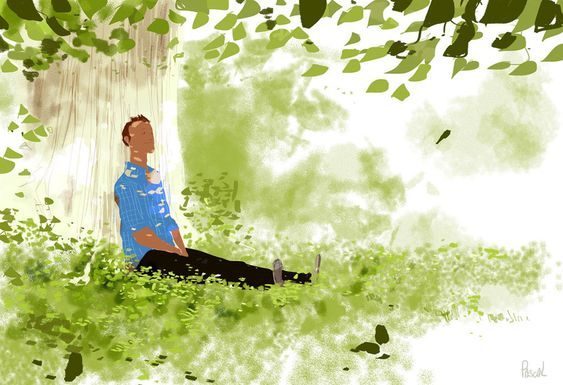
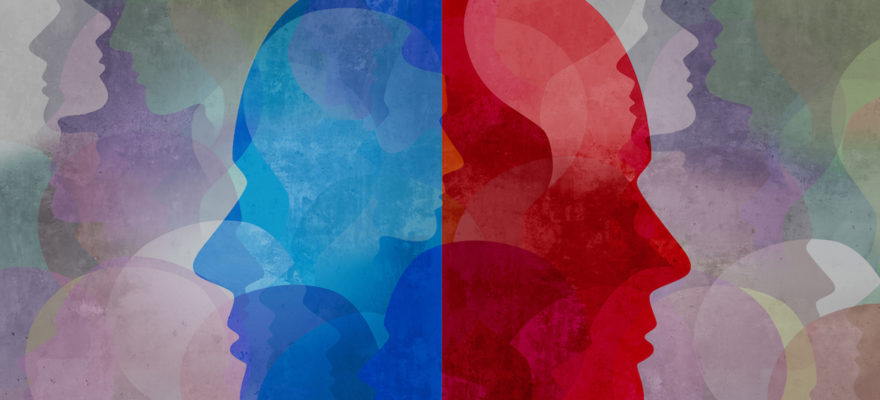
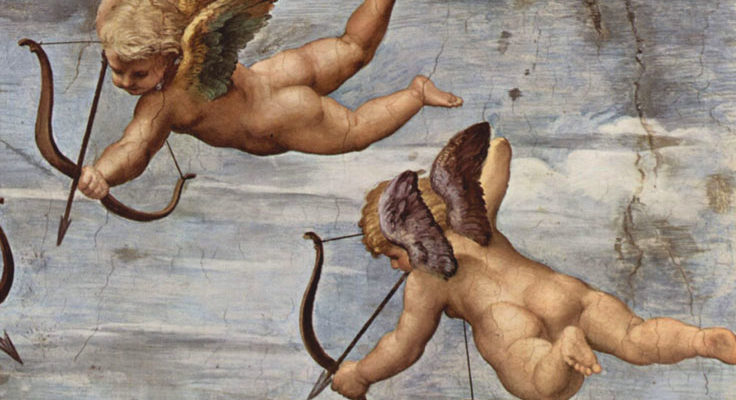
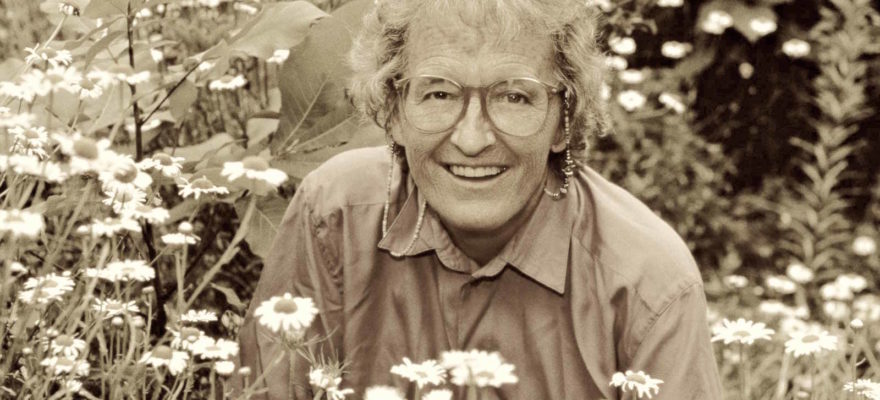
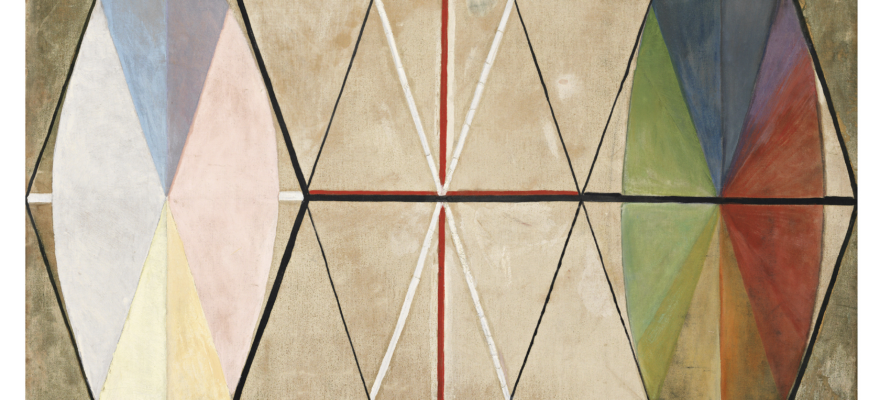
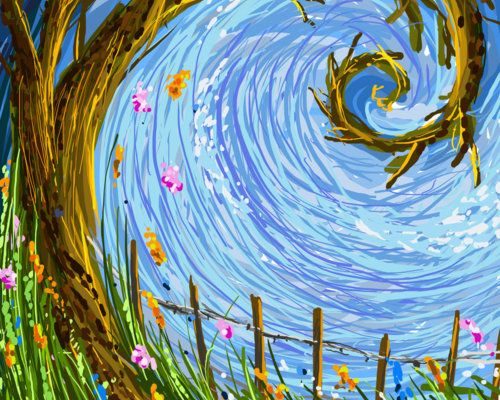
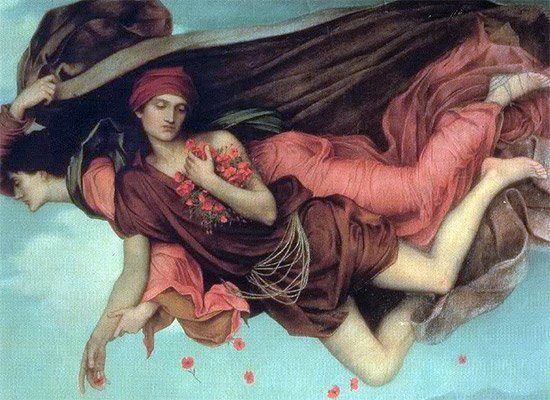
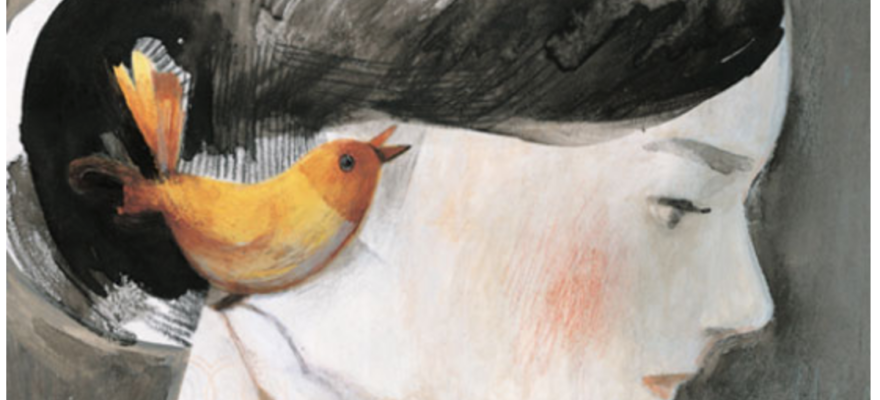

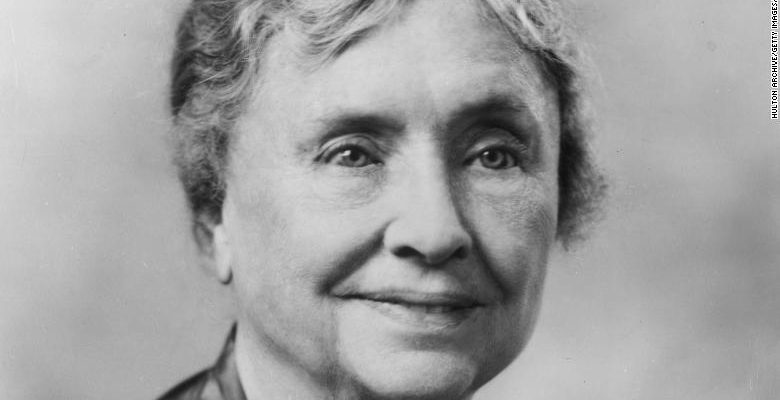





Social Profiles